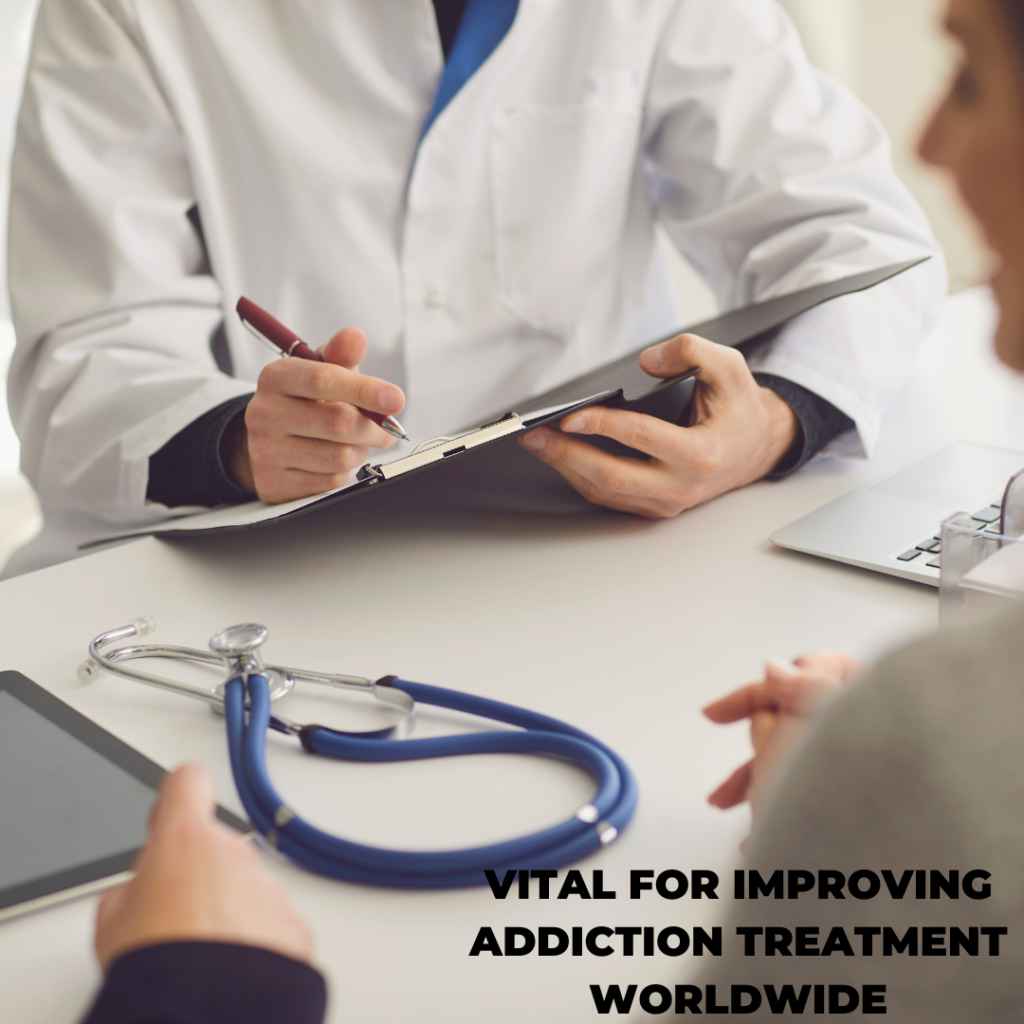
The battle against addiction is a global challenge that transcends borders and cultures. As addiction rates continue to rise, the need for effective treatment strategies becomes increasingly urgent. One promising approach to improving addiction treatment is through the establishment and enhancement of global doctor networks. These networks foster collaboration, share cutting-edge research, and facilitate the exchange of best practices, ultimately leading to better outcomes for patients worldwide.
The Power of Collaboration
Global doctor networks bring together medical professionals from diverse backgrounds and regions, creating a rich tapestry of knowledge and experience. This collaborative environment allows doctors to learn from each other, share successes and failures, and develop more effective treatment protocols. By pooling their collective expertise, doctors can identify common challenges and work together to overcome them, leading to more innovative and effective addiction treatments.
Sharing Cutting-Edge Research
Addiction treatment is a rapidly evolving field, with new research and breakthroughs emerging regularly. Global doctor networks provide a platform for the timely dissemination of this information, ensuring that medical professionals worldwide have access to the latest findings. This real-time sharing of knowledge can accelerate the adoption of new treatment modalities, allowing doctors to implement evidence-based practices more quickly and effectively. Additionally, these networks can help identify gaps in current research, directing resources and attention to areas that need further exploration.
Standardizing Best Practices
One of the significant benefits of global doctor networks is the ability to standardize best practices in addiction treatment. By comparing and analyzing different approaches, doctors can determine which methods are most effective and develop standardized protocols that can be implemented globally. This standardization ensures that patients receive high-quality care regardless of their location, reducing disparities in treatment outcomes. Moreover, it allows for more consistent data collection and analysis, further contributing to the advancement of addiction medicine.
Facilitating Access to Resources
Global doctor networks can also play a crucial role in facilitating access to resources, particularly in low- and middle-income countries where addiction treatment options may be limited. By connecting doctors in resource-poor settings with their counterparts in more affluent regions, these networks can help bridge the gap in care. This collaboration can include sharing knowledge, providing training, and even facilitating the donation of essential medical supplies and medications. In this way, global doctor networks can help ensure that all patients, regardless of their geographic location, have access to the best possible care.
Fostering Innovation
Innovation is essential for advancing addiction treatment, and global doctor networks are a fertile ground for fostering new ideas. By bringing together diverse perspectives and experiences, these networks can inspire creative solutions to complex problems. Doctors can collaborate on research projects, pilot new treatment approaches, and share their findings with the broader medical community. This spirit of innovation can lead to breakthroughs that significantly improve patient outcomes and set new standards in addiction medicine.
The establishment and enhancement of global doctor networks are vital for improving addiction treatment worldwide. These networks facilitate collaboration, share cutting-edge research, standardize best practices, and foster innovation. By connecting doctors across borders, they ensure that medical professionals have access to the knowledge, resources, and support they need to provide the best possible care for their patients. As the global community continues to confront the challenges of addiction, these networks will play an increasingly important role in advancing the field and improving outcomes for individuals struggling with substance use disorders.
